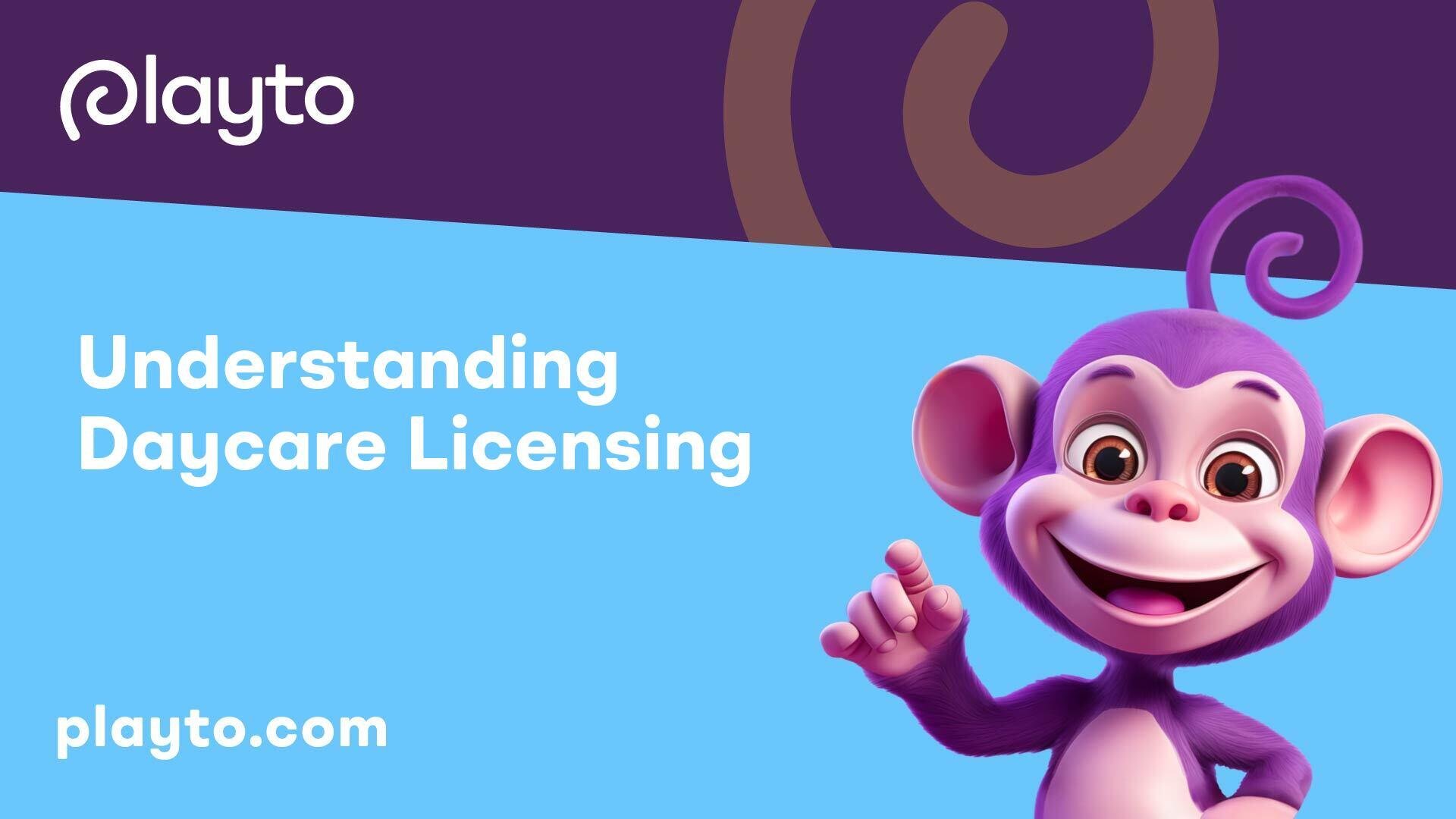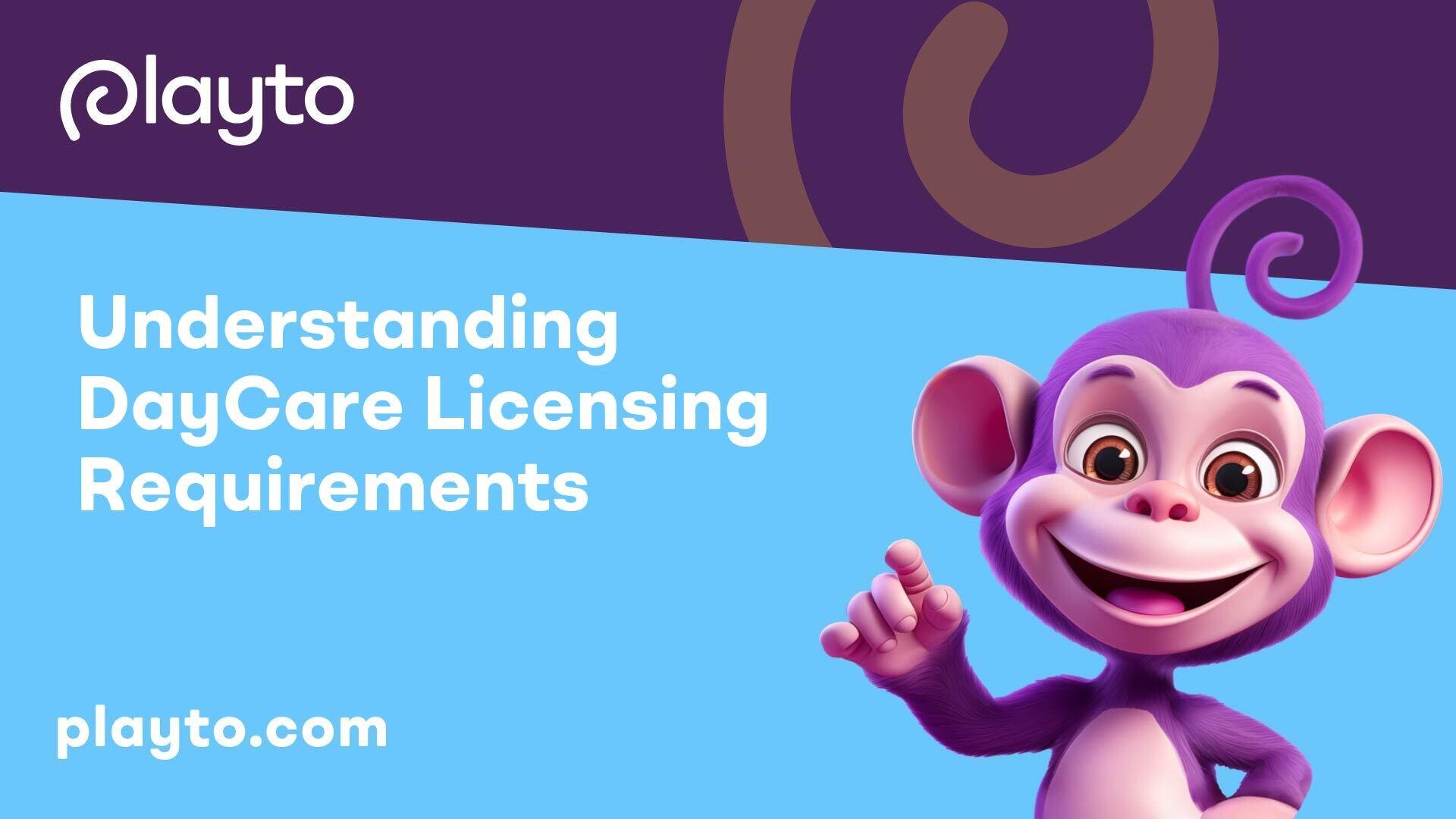
Understanding Daycare Licensing
When it comes to understanding daycare licensing requirements, it is essential to grasp both the importance of daycare licensing and the consequences of operating without a license. These factors play a crucial role in ensuring the safety and well-being of children in daycare facilities.
Importance of Daycare Licensing
Daycare licensing is a fundamental aspect of ensuring the safety and quality of childcare services provided to children. Licenses are issued by regulatory bodies to daycare facilities that meet specific standards related to health, safety, and overall quality of care. By obtaining a daycare license, providers commit to upholding these standards, which in turn safeguards the well-being of children in their care.
Licensing also helps to establish trust and credibility with parents, signaling that the daycare facility has undergone inspections, background checks, and meets essential requirements to operate. Parents are more likely to choose licensed daycare facilities, knowing that their children are in a safe and regulated environment.
Consequences of Operating Without a License
Operating a daycare facility without the necessary license poses severe risks and consequences for both the provider and the children. Businesses that operate without a license are susceptible to various penalties and legal repercussions, as highlighted by Mosey. Some of the consequences include:
Consequences of Operating Without a License
- Fines based on a percentage of gross revenue
- Increased risk of lawsuits and legal fees
- Business closure due to non-compliance
- Potential criminal charges and arrests
- Inability to bid on certain opportunities
Running a daycare without a license can lead to financial implications such as hefty fines, legal fees from lawsuits, and even closure of the business if compliance is not met. Additionally, unlicensed operations jeopardize the safety and well-being of children, as they may not adhere to essential standards for childcare.
It is crucial for daycare providers to understand the significance of licensing and comply with the necessary regulations to ensure a safe and secure environment for children. By prioritizing licensing requirements, daycare facilities can demonstrate their commitment to child safety and provide parents with peace of mind regarding the quality of care their children receive.

Licensing Requirements
To operate a daycare center legally, it is imperative to understand the daycare licensing requirements set forth by each state. These requirements ensure that daycare facilities meet specific standards for safety, health, and overall well-being of the children under their care.
State-Specific Regulations
Daycare licensing requirements vary from state to state, with each state's Child Care Resource and Referral (CCR&R) agency determining the regulations that must be met for daycare centers [1]. It is essential for daycare providers to familiarize themselves with the specific regulations and guidelines outlined by their state to ensure compliance and proper licensure.
When obtaining a daycare license, providers must adhere to state-mandated regulations, which typically include parameters such as staff-to-child ratios, health and safety standards, educational requirements, and operational policies. Failure to comply with these regulations may result in penalties, fines, or even closure of the daycare facility.
Compliance Programs and Background Checks
The process of obtaining a daycare license involves meeting minimum mandated requirements set by the state or local government. This often includes participation in compliance programs, undergoing fingerprinting, and background checks to ensure the suitability of individuals working with children. Operating a daycare without a license can lead to skepticism, violation of regulations, and increased risks such as child abuse [2].
Providers are typically required to submit documentation proving their compliance with state regulations, pay application fees, and undergo inspections to verify their adherence to safety and health standards. Compliance with background checks and participation in training programs are crucial components of the licensing process.
It is advisable for daycare providers to commence the licensing process well in advance to allow for adequate time to fulfill requirements and ensure a smooth transition to licensed operations. By maintaining compliance with state-specific regulations and staying informed about any updates or changes, daycare providers can navigate the licensing process successfully and provide a safe and nurturing environment for children.

Types of Daycare Providers
When considering daycare options for your child, it's important to understand the different types of daycare providers available. The two primary options are daycare centers and in-home daycares, each offering unique settings and structures to cater to children's needs.
Daycare Centers
Daycare centers are licensed child care providers that operate out of designated facilities. These centers are typically owned by private entities or run by organizations such as churches, schools, or local government agencies. Daycare centers have specific regulations to adhere to, including maintaining appropriate staff-to-child ratios, providing a safe environment, and offering suitable learning programs [2].
Daycare centers often provide a structured environment with dedicated spaces for different activities, including play areas, learning centers, and outdoor spaces. They offer a wide range of services, including age-appropriate educational programs, social development activities, and meals/snacks for children. Parents may also benefit from the convenience of longer operating hours and potentially more extensive resources available at daycare centers.
In-Home Daycares
In-home daycares are child care facilities that operate in a professional caregiver's home or another private residence. These daycare providers offer a more intimate and home-like setting compared to institutional child care centers. In-home daycares are typically run by individuals who have chosen to open their homes to provide childcare services.
In-home daycares often offer a more personalized approach to child care, with a focus on creating a family-like atmosphere. Children in in-home daycares benefit from smaller group sizes, individualized attention, and possibly more flexible schedules. In-home daycare providers may also create a nurturing and comfortable environment that feels like a home away from home for children.
When choosing between daycare centers and in-home daycares, it's essential to consider factors such as the environment, caregiver-to-child ratios, educational programs, safety measures, and overall fit for your child's needs and preferences. Understanding the differences between these two types of daycare providers can help you make an informed decision that aligns with your family's requirements and priorities.
Obtaining a Daycare License
To run a daycare in compliance with state regulations, individuals must navigate through the application process, understand the timeframe involved, and be aware of the associated costs.
Application Process
The application process for obtaining a daycare license involves several steps. Applicants are typically required to meet specific qualifications set by the state or local government's licensing regulations. These qualifications may include having a GED, high school diploma, or college degree. Additionally, applicants must undergo inspections, pass background checks, possess first aid and CPR certifications, and participate in ongoing education and professional development to ensure they are equipped to provide safe and nurturing environments for children.
For detailed guidelines on the application process and specific requirements in your state, it is advisable to consult your state's Child Care Resource and Referral (CCR&R) agency. These agencies determine if a daycare provider needs to be regulated and outline the regulations that must be met for daycare centers.
Timeframe and Costs of Licensing
The timeframe for obtaining a daycare license can vary depending on the state and the thoroughness of the application process. On average, the process takes around 6 months. During this period, applicants must complete all necessary steps, including fulfilling educational requirements, passing inspections, and obtaining certifications such as first aid and CPR training.
When it comes to costs, the expenses associated with obtaining a daycare license can also vary widely. According to Huckleberry, licensing fees typically range between $100 and $200, with additional costs for education and training requirements. For those starting a home-based childcare business, startup costs can fall within the range of $10,000 to $50,000. In contrast, launching a childcare center may require a more substantial investment, with costs ranging from $60,000 to $3 million.
It's essential to factor in these costs when planning to open a daycare facility to ensure financial preparedness. By understanding the application process, timeframe, and associated costs of licensing, individuals can navigate the regulatory landscape more effectively and establish daycare services that meet the required standards for safety and quality care.
Maintaining Compliance
To uphold the standards of safety and quality in daycare facilities, it is essential for daycare providers to adhere to stringent compliance measures. This ensures that children are provided with a secure and nurturing environment. Two key aspects of maintaining compliance in daycare operations are inspection and renewal processes, as well as adhering to specific staff-to-child ratios.
Inspection and Renewal Processes
Inspections are a critical component of maintaining compliance in daycare facilities. Regulatory bodies conduct routine inspections to assess the physical environment, staff qualifications, safety protocols, and adherence to licensing requirements. These inspections help identify any potential hazards or areas of improvement to ensure the well-being of the children in care.
Renewal processes are equally important to ensure that daycare providers continue to meet licensing standards over time. Renewal typically involves submitting updated documentation, undergoing re-evaluation of compliance measures, and paying renewal fees. By staying proactive and responsive to regulatory requirements, daycare providers can uphold the necessary standards for providing quality care.
Staff-to-Child Ratios
Another crucial aspect of maintaining compliance in daycare settings is adhering to specific staff-to-child ratios. These ratios are designed to ensure that each child receives adequate supervision and individual attention based on their age group. In Ohio, for example, childcare centers and family childcare providers must meet specific staff-to-child ratios to safeguard the safety and well-being of the children in their care.
The required staff-to-child ratios vary depending on the age group and the type of childcare program. For instance, center-based care, family childcare providers, and child day camps may have different ratio requirements to ensure appropriate supervision and support for children across different settings. By adhering to these ratios, daycare providers can maintain a safe and structured environment that promotes the well-rounded development of each child.
In conclusion, by prioritizing inspection and renewal processes, as well as adhering to specific staff-to-child ratios, daycare facilities can uphold the standards of care and safety necessary to support the healthy development of children in their care. Compliance with these measures not only ensures regulatory adherence but also fosters a nurturing and secure environment that nurtures the growth and well-being of every child.
State-Specific Regulations
When it comes to understanding daycare licensing requirements, it's crucial to be aware of the state-specific regulations in place. In Ohio, childcare programs are categorized into five main types, each of which must obtain the necessary licensing and adhere to specific compliance standards. Let's delve into Ohio childcare licensing and explore the staff-to-child ratios particular to the state.
Ohio Childcare Licensing
Ohio has clear regulations in place for childcare providers to ensure the safety and quality of care for children. Childcare centers and family childcare providers in Ohio must meet stringent licensing requirements. The types of childcare programs in Ohio are well-defined, and each category is subject to distinct licensing criteria based on the type of program operated.
By understanding and complying with Ohio childcare licensing regulations, daycare providers can create a nurturing and secure environment for children under their care. It is imperative for daycare operators to familiarize themselves with the specific requirements outlined by the state to maintain compliance and uphold high standards of care.
Staff-to-Child Ratios in Ohio
Childcare centers and family childcare providers in Ohio adhere to specific staff-to-child ratios to ensure the safety and well-being of the children in their care. These ratios vary based on the age group of the children and the type of childcare program, such as center-based care, family childcare providers, and child day camps. Ensuring proper staffing levels is essential for providing adequate supervision and individualized attention to each child.
Maintaining appropriate staff-to-child ratios not only enhances the quality of care but also promotes a safer environment for children to learn, play, and interact. By abiding by the specified ratios, childcare providers can offer a structured and engaging experience while prioritizing the safety and well-being of every child in their facility.
Understanding the Ohio childcare licensing requirements and staff-to-child ratios is fundamental for daycare providers to establish and operate a compliant and reputable childcare program. By following these guidelines, daycare operators can contribute to the overall well-being and development of the children in their care while upholding regulatory standards set forth by the state of Ohio.
Financial Aspects
Understanding the financial aspects of daycare operations is essential for daycare providers in New York. This section will delve into the licensing fees, additional costs, and the importance of insurance for daycare operations.
Licensing Fees and Additional Costs
The cost of obtaining a daycare license in New York varies, typically ranging between $100 and $200 for the fees, as well as additional costs for completing education and training requirements. Startup costs for a home-based childcare provider can range from $10,000 to $50,000, while launching a childcare center may require an investment ranging from $60,000 to $3 million [2].
It's crucial for daycare providers to budget for these licensing fees and initial expenses when planning to start a daycare business. Understanding the financial requirements upfront can help in making informed decisions and ensuring that the daycare meets all necessary regulations and standards.
Insurance for Daycare Operations
Protecting a daycare business against potential risks is vital, which is why insurance for daycare operations is essential. Once all daycare license requirements are met, daycare owners can obtain daycare insurance to safeguard their business against liability, lawsuits, and damages.
Small business insurance tailored for daycare operations typically includes coverage for general liability, property damage, and injuries. The policies for daycare insurance are generally similar across different states, providing a comprehensive safety net for daycare providers in case of unforeseen incidents.
Providers in New York can turn to insurance providers such as Huckleberry, which offers daycare insurance policies designed specifically for childcare businesses. By obtaining the right insurance coverage, daycare operators can protect their business, staff, and the children under their care, giving them peace of mind as they focus on providing a safe and nurturing environment.
Understanding the financial aspects, including licensing fees, startup costs, and insurance requirements, is crucial for daycare providers in New York to establish and maintain a successful daycare business while ensuring compliance with regulations and providing a safe environment for children.
References
[1]: https://www.care.com/c/child-day-care/
[2]: https://huckleberry.com/blog/daycare-license/
[3]: https://mybrightwheel.com/blog/how-to-start-a-daycare-in-ohio
